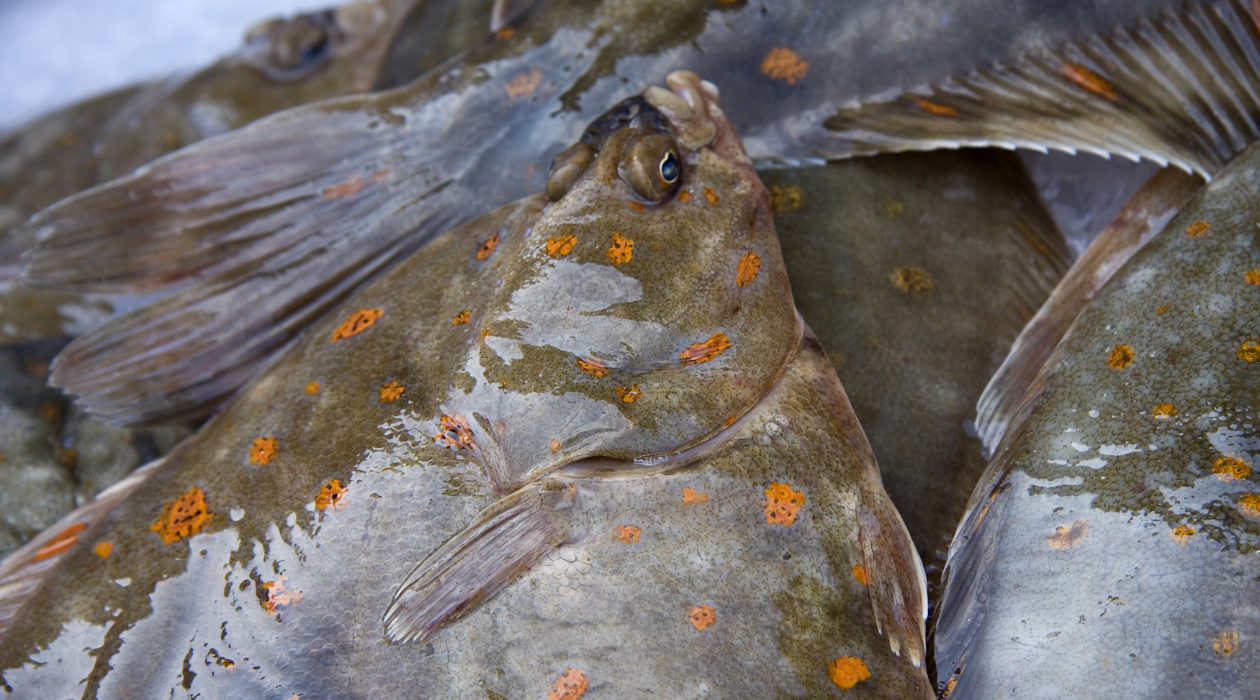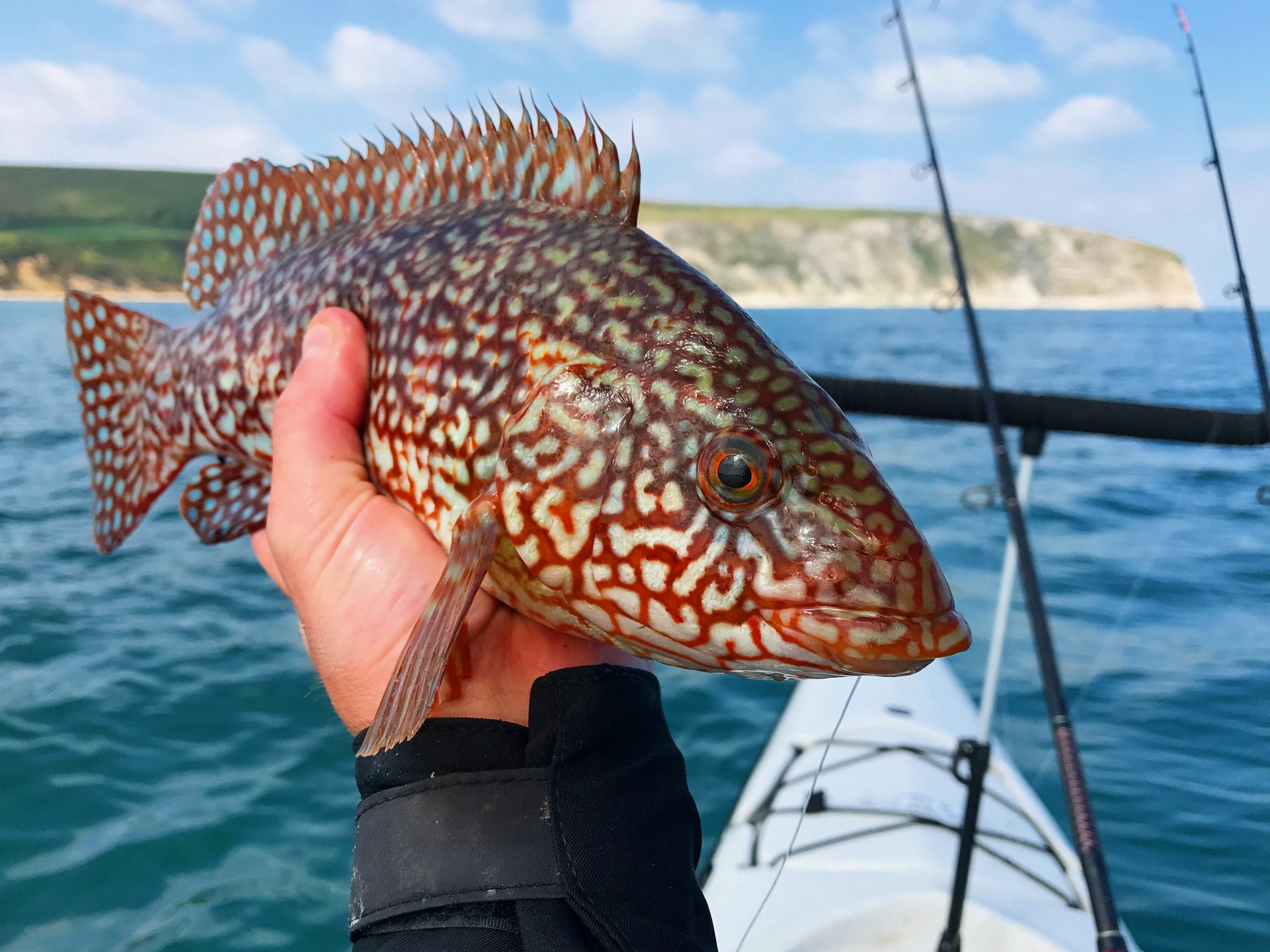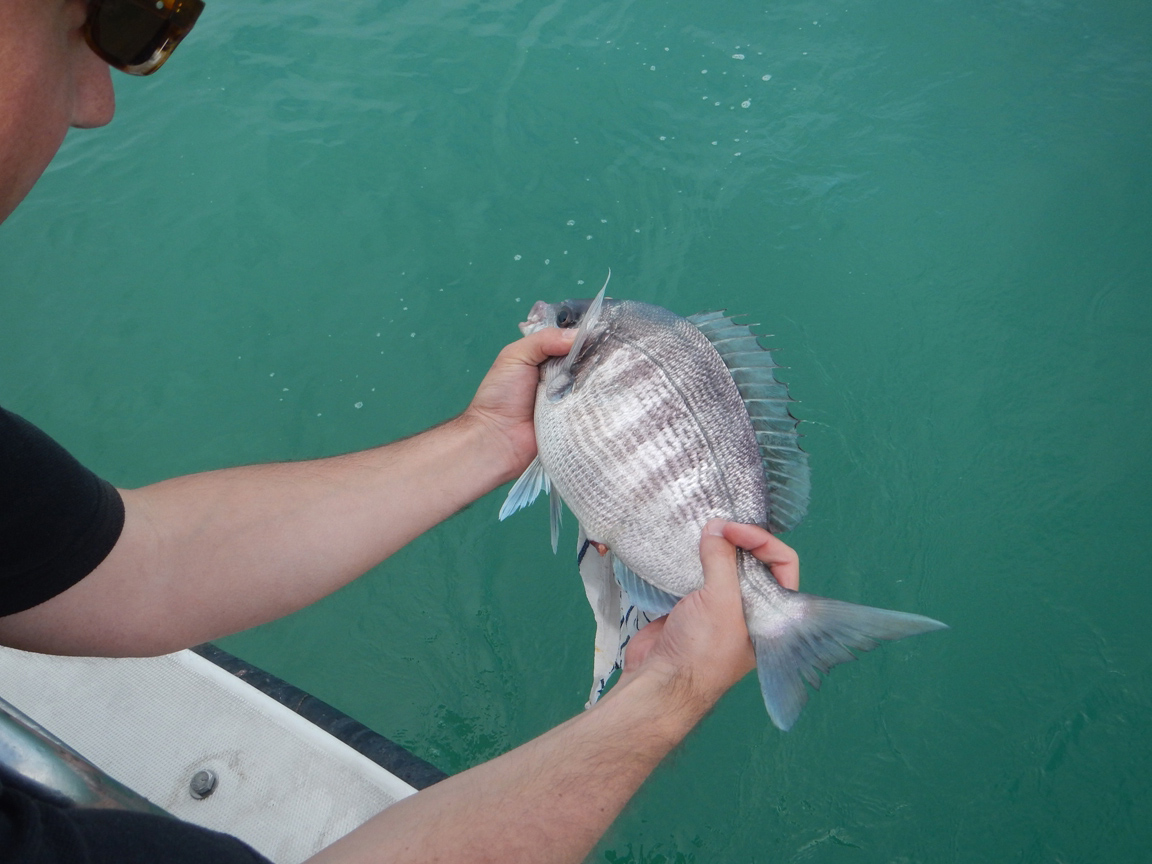Fisheries Management Plans
Now the UK has departed from the European Union it is responsible for the management of its fisheries. As a formally recognised stakeholder under the Fisheries Act (2020), recreational sea anglers have a new platform to share their views on the management of UK fisheries.
The Angling Trust remain committed to representing sea angling interests across all fisheries management plans involving species of recreational interest and promoting engagement opportunities for sea anglers to have their voices heard throughout the process.
We are lobbying, and working with, government to:
- Identify opportunities for fishery management plans on recreationally-valuable species
- Ensure recreational sea angling is fairly represented during the development of fisheries management plans
- Promote and evidence the high socio-economic value of recreational sea angling
- Deliver fisheries management plans that prioritise the sustainable rebuilding of fish stocks in line with the best-available evidence
- Maximise the benefits derived from UK fish stocks to coastal communities
- Transition UK fisheries away from environmentally damaging practices with stronger enforcement of regulations, where appropriate
Published Fisheries Management Plans
2023
Future Fisheries Management Plans
2024
Development of these fishery management plans has not yet begun. Once stakeholder engagement opportunities are available we will publish them on the associated pages. The following fishery management plans are not an exhaustive list of all plans to be developed by government, but simply highlight those of most relevance to recreational sea angling.
2025
Development of these fishery management plans has not yet begun. Once stakeholder engagement opportunities are available we will publish them on the associated pages. The following fishery management plans are not an exhaustive list of all plans to be developed by government, but simply highlight those of most relevance to recreational sea angling.
The Fisheries Act 2020 provides the framework to manage UK fisheries as an independent coastal state outside of the EU Common Fisheries Policy. The act requires the UK fisheries policy authorities (Defra, and the devolved administrations in Northern Ireland, Scotland and Wales) to publish fisheries management plans (FMPs) to help deliver our ambition for sustainable fisheries. Under international law the UK government has responsibilities and commitments to managing our fisheries in a sustainable way.
The Joint Fisheries Statement lists 43 proposed FMPs. Some FMPs will be developed jointly by 2 or more fisheries policy authorities, whilst others will be developed by a single authority for its own waters.
The below is taken from the UK government website and is available to view here: https://www.gov.uk/government/publications/fisheries-management-plans/fisheries-management-plans
What are Fisheries Management Plans?
Fisheries Management Plans (FMPs) will be evidence-based action plans, developed in collaboration with the fishing sector and other stakeholders. Their purpose is to deliver sustainable fisheries for current and future generations.
Each FMP will specify the stocks, type of fishing and the geographic area covered, as well as the authority or authorities responsible and indicators to be used for monitoring the effectiveness of the plan.
Once published, FMPs will inform a wide range of relevant fisheries management actions. There will not be a ‘one size fits all’ approach to FMPs – they will be designed according to the specific needs of their stocks, fisheries and location. Therefore, FMPs will vary in their content and format because our fisheries range from stocks whose management is well understood, to complex mixed fisheries with many stocks in whole sea areas.
How will Fisheries Management Plans work?
Each FMP will set out goals and the actions needed for their achievement. The precise mechanisms needed will depend on the goals set out in the plan. Defra (and the other national fisheries authorities) must then take the actions set out in plan.
FMPs could draw upon existing tools, require new regulations or technical measures, or use non-statutory routes such as research plans, voluntary agreements and codes of conduct.
After publication, each plan will remain a live document that will be monitored, reviewed, and adapted as needed. Management actions must be adapted and updated when necessary to ensure the FMP meets its goals.
How will Fisheries Management Plans be prepared?
Defra is responsible for preparing plans, but will work collaboratively with delivery partners and the fishing sector to develop FMPs. We will also work with other marine industries, policy makers, scientists and environment groups when preparing FMPs.
This approach represents a significant shift in our fisheries management towards greater participation and collaboration with stakeholders.
How will Fisheries Management Plans be published?
Once drafted, FMPs must go through a public consultation, giving all interested parties the opportunity to give their views.
Once finalised, for FMPs relevant to English waters, Defra will then seek approval from the Secretary of State to publish the FMP (although for FMPs produced jointly with other fisheries policy authorities, Defra will act jointly with the other relevant authority to publish the document).
Planned publication dates for FMPs are set out in the Joint Fisheries Statement.
What are ‘frontrunner’ Fishery Management Plans?
Defra is developing 6 ‘frontrunner’ FMPs, which are outlined in this document.
These frontrunners will pilot different ways of preparing plans in partnership with industry groups and other stakeholders. Lessons learnt from these projects will shape our future FMP work.
Each frontrunner FMP has a delivery partner who will work with Defra and stakeholders to draft plans that represent a wide range of views.
Stakeholders will have various opportunities to engage throughout the drafting process and then comment during the public consultation. Once published, FMPs will be monitored, reviewed and updated to ensure they are still fit for purpose. Stakeholders will also be part of this work.
















